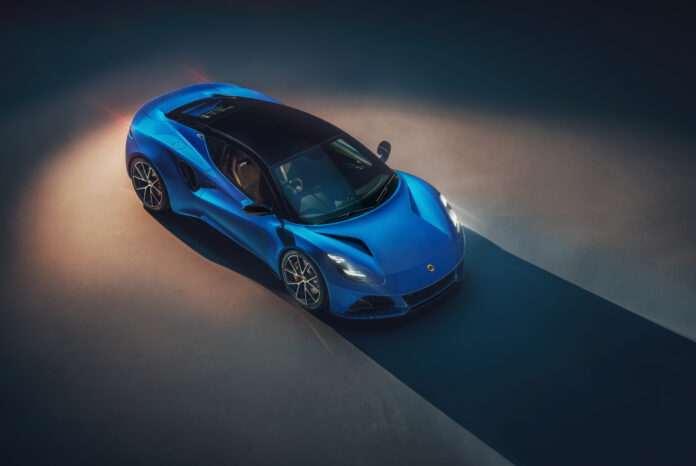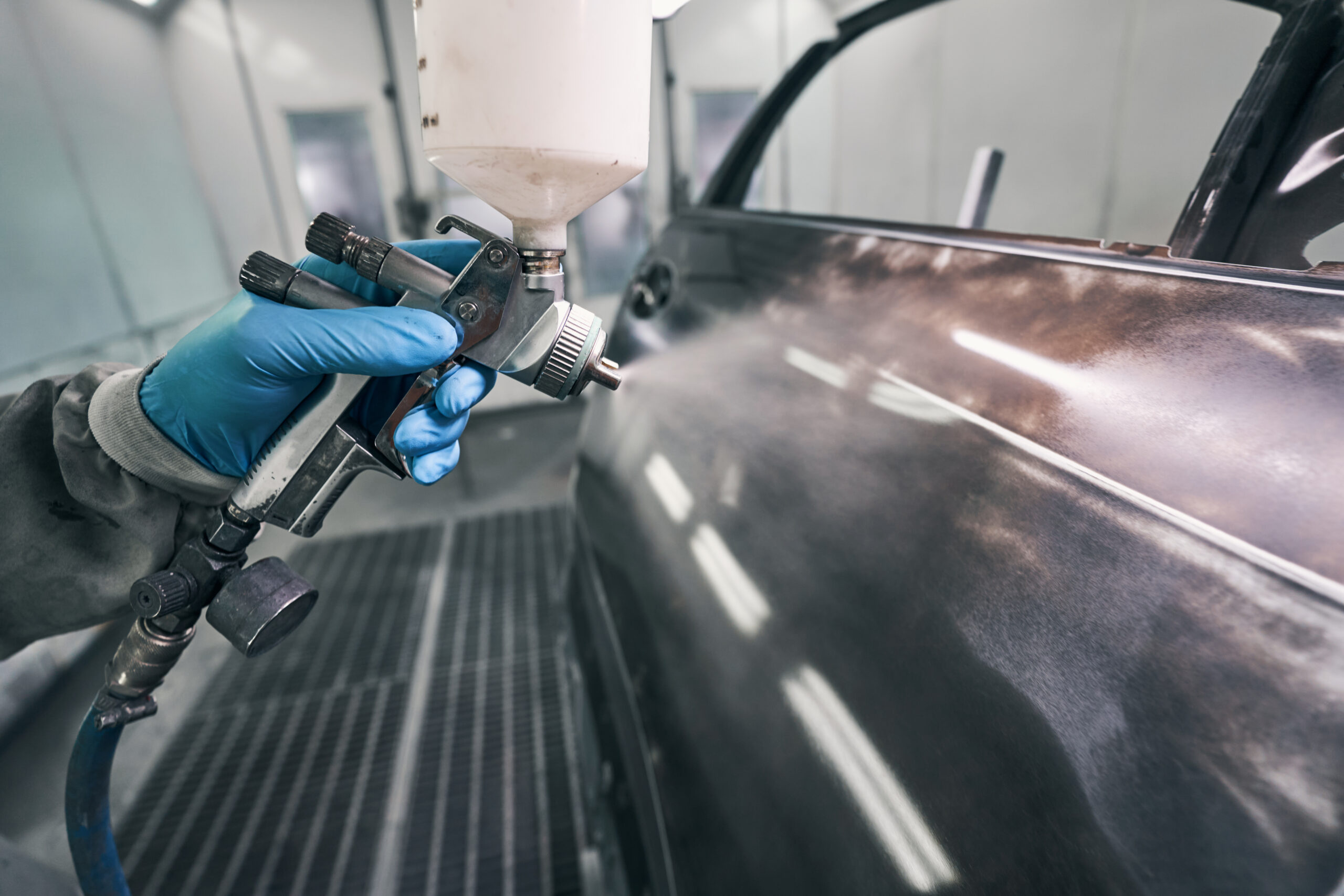Lotus is currently a niche market player with luxury brand pricing. This reflects the inability of a relatively poorly funded small-scale manufacturer to match the quality or durability of bigger automotive companies, and yet the essential traits of excellent road handling combined with a compliant ride – Lotus hallmarks – remain.
The company is a long, long way from where it could be, and the hope is Geely will one day put Lotus is a special place within it’s operations. Outwardly this has not happened, yet – inwardly there is a lot of serious competition from other members such as Volvo and Polestar, let alone other Geely operations.
Lotus is not the only brand to be afflicted by this conundrum. Even Bugatti, in a far more expensive area of the market, is presently struggling. The best niche players at the most expensive end of the market – Koeniggsegg and Rimac, for example – use limited tooling budgets very effectively, knowing a build line of 20 units or less might be the total potential for any single edition of their product.
Lotus needs to stop thinking only about volume, or, if that’s what it really wants, to return to developing special versions of mass production vehicles (Lotus Omega is a good example, and profitable for Lotus too). However, within Geely, Polestar sits in this place with Volvo (as well as a stand-alone brand), Lynk & Co is effectively a China only brand, LCEV is an unlikely target (taxis and vans) whilst Proton continues to do next to nothing.
Awkward.




